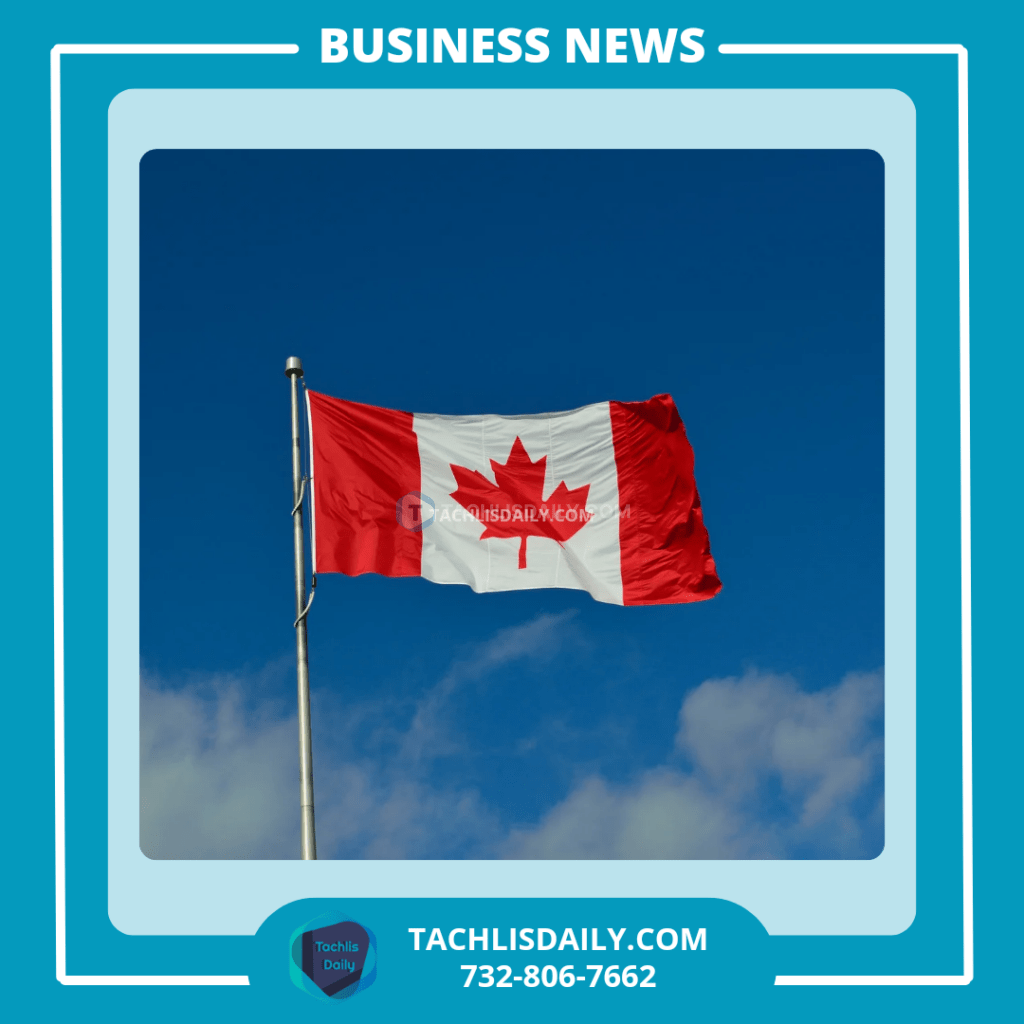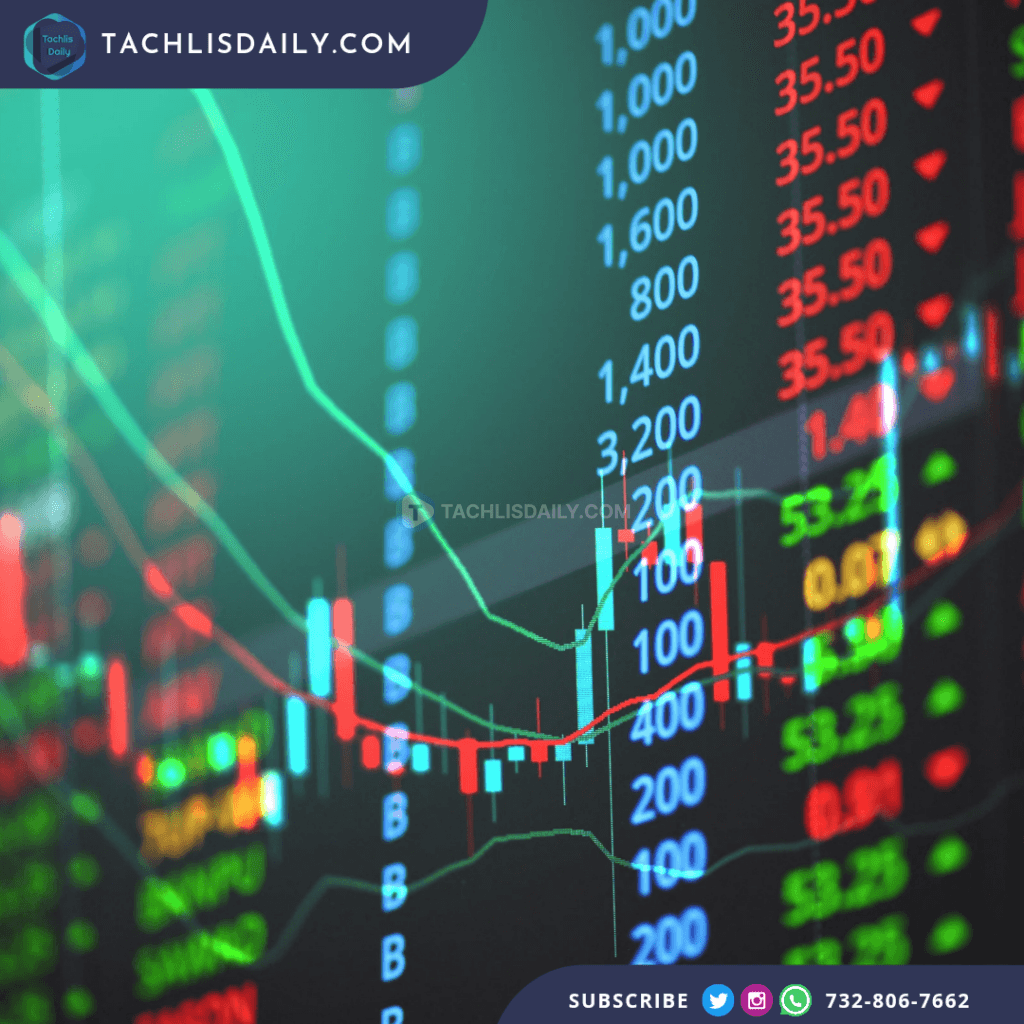Canada has announced a 100% tariff on imports of Chinese-made electric vehicles (EVs), a move that aligns with recent U.S. tariffs targeting Chinese goods. This decision comes after discussions between Canadian Prime Minister Justin Trudeau, his cabinet, and U.S. national security advisor Jake Sullivan, who encouraged Canada to adopt similar measures. The tariffs are a response to what Western governments perceive as unfair subsidies provided by China to its industries, which they argue give Chinese companies an undue advantage in global markets.
In addition to the tariff on EVs, Canada will also impose a 25% tariff on Chinese steel and aluminum imports. Deputy Prime Minister Chrystia Freeland announced a 30-day consultation period to consider further tariffs on other Chinese products, including batteries, semiconductors, and solar panels. The aim is to protect Canadian industries from what Freeland describes as China’s “state-directed policy of overcapacity and oversupply” that threatens domestic economic sectors.
Currently, Tesla is the only company importing Chinese-made EVs into Canada, but it could avoid the new tariffs by shifting its supply chain to U.S. or German factories. The announcement also comes as Chinese EV manufacturer BYD is looking to enter the Canadian market as early as next year. While there has been no immediate response from China, experts like former Canadian ambassador to China, Guy Saint-Jacques, predict retaliatory actions targeting other Canadian industries, such as barley and pork.
Chinese officials may discuss these tariffs with Jake Sullivan during his upcoming visit to Beijing, as the country continues to navigate its post-pandemic economic recovery. The U.S. and Canada’s coordinated stance on tariffs reflects their commitment to counter what they see as China’s manipulation of global trade dynamics. Prime Minister Trudeau emphasized the need for a united approach among Western allies to avoid a “race to the bottom” in global markets.











